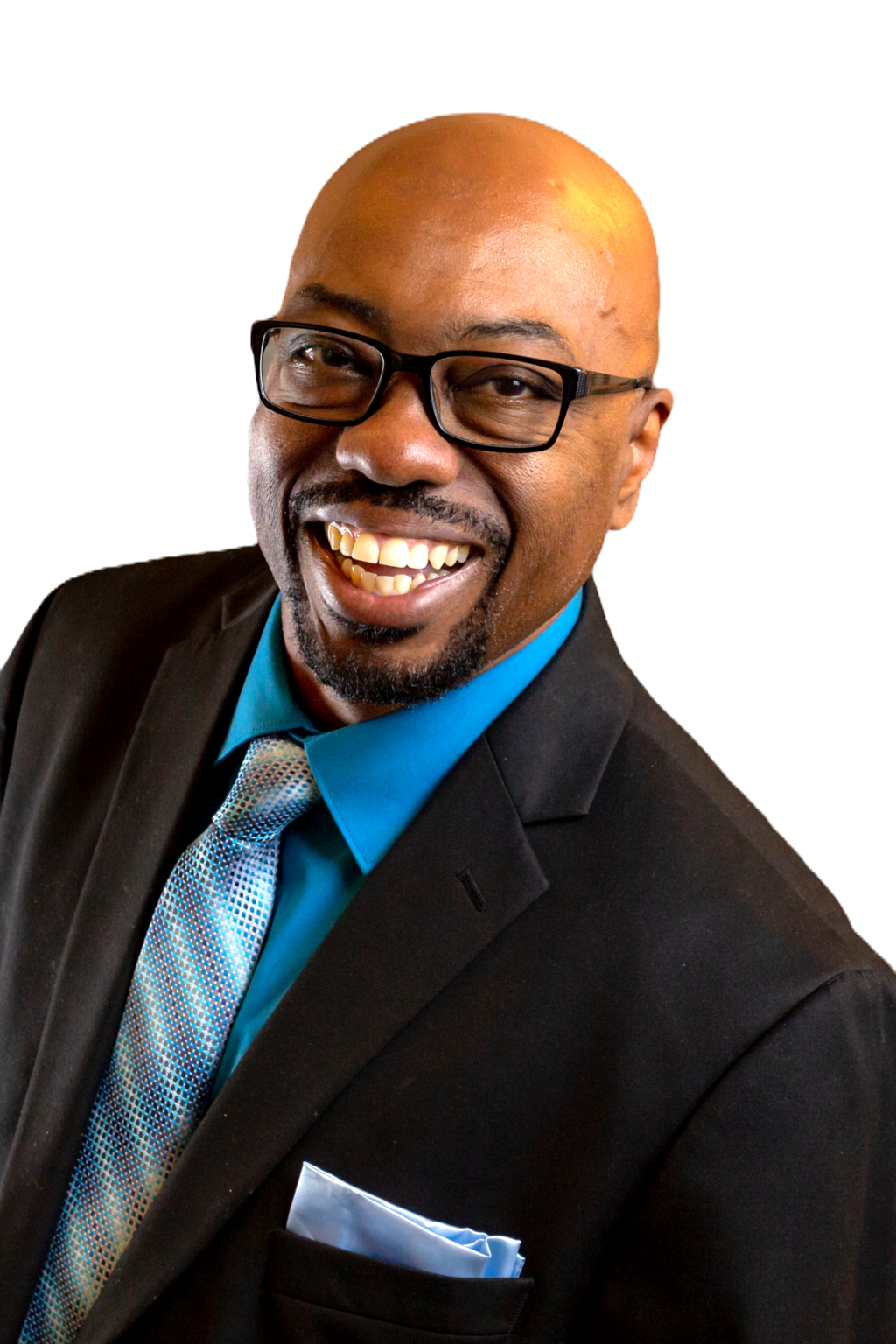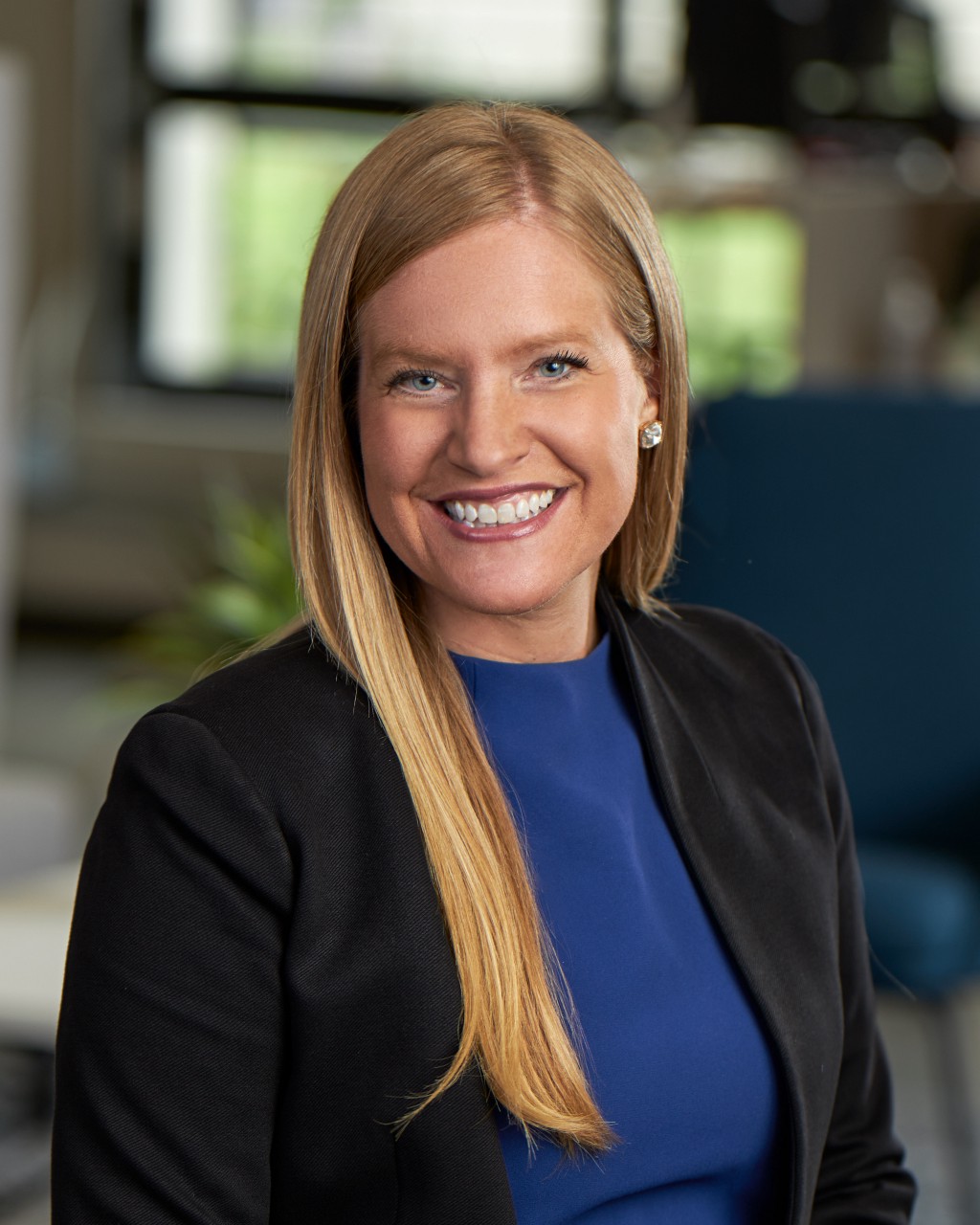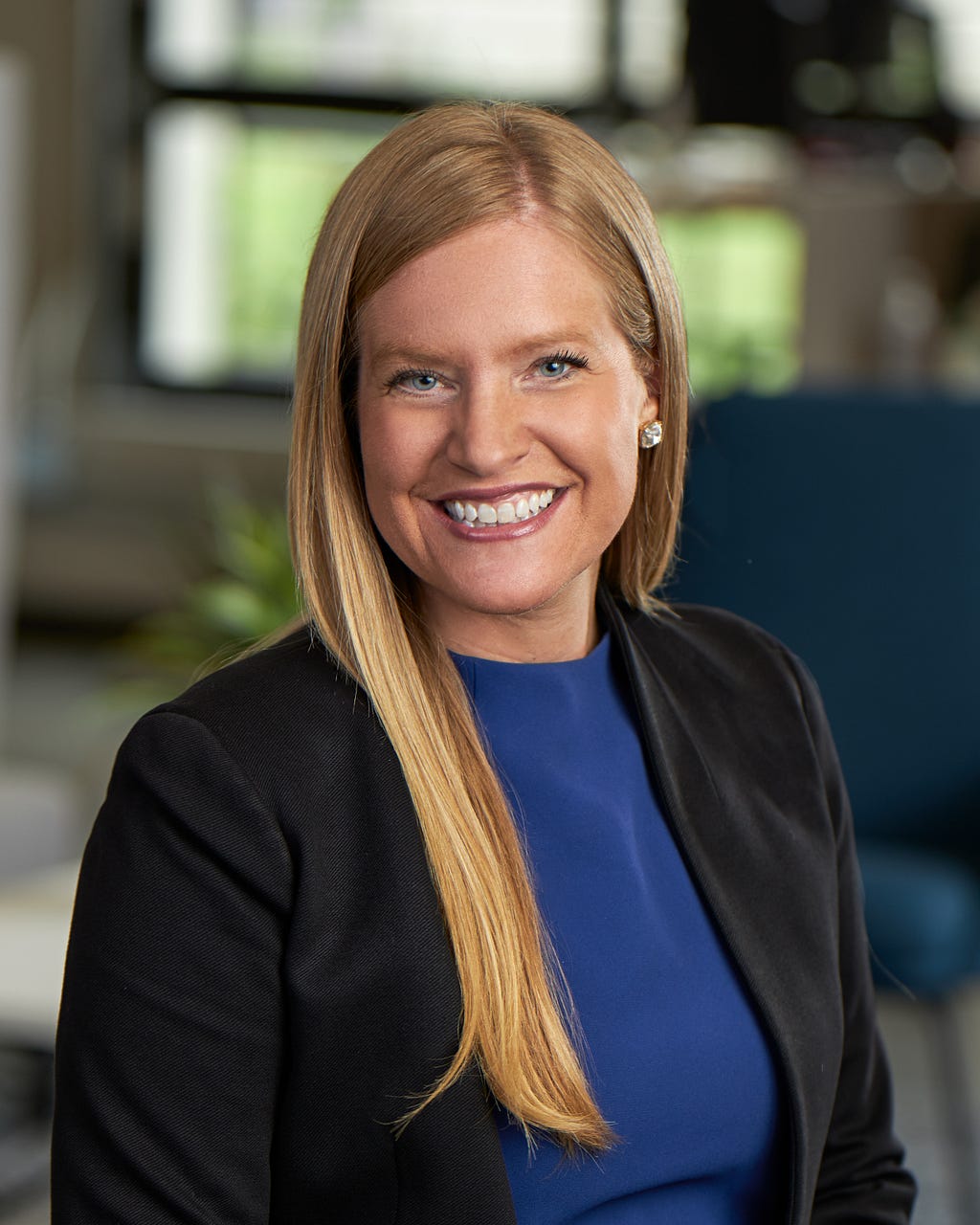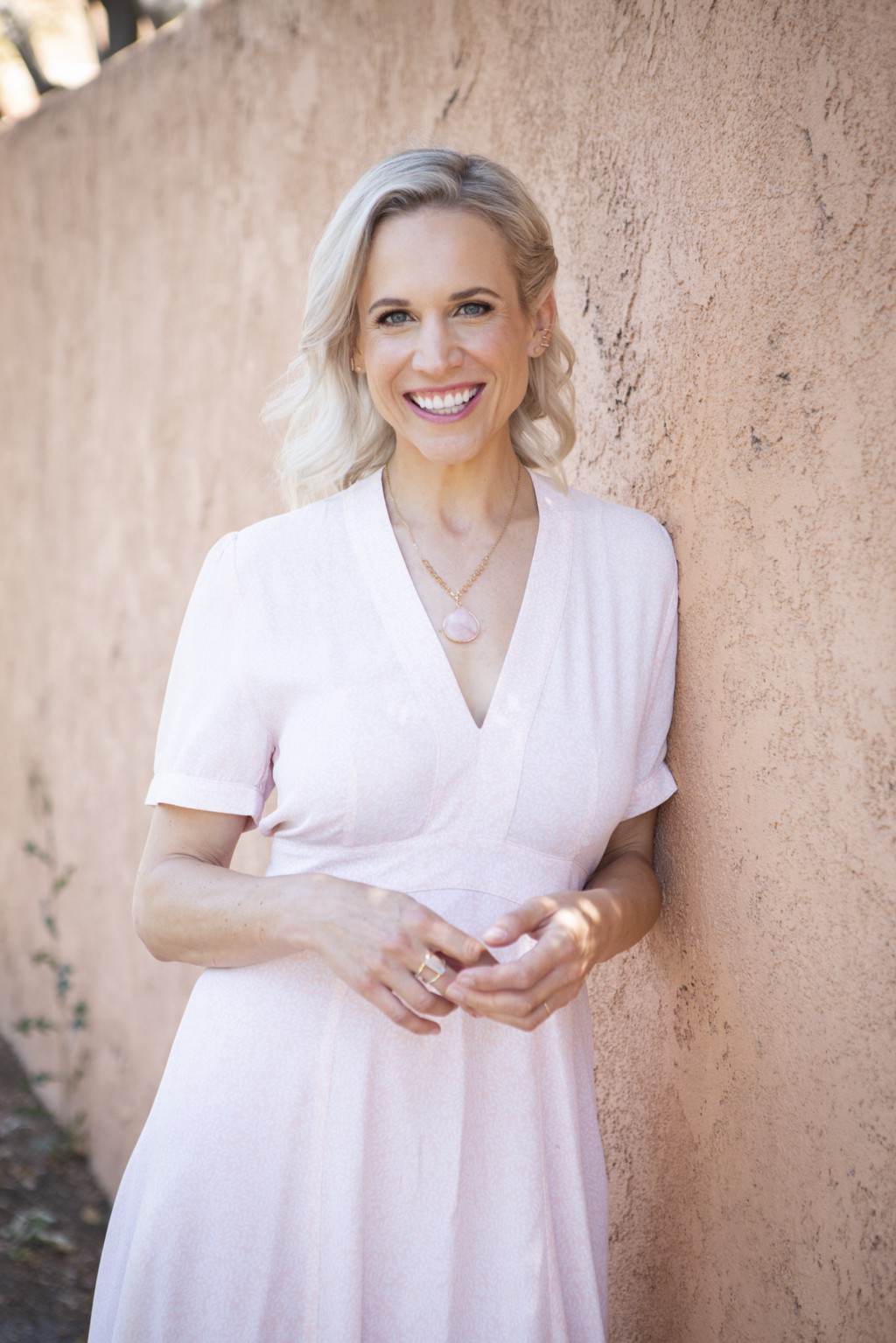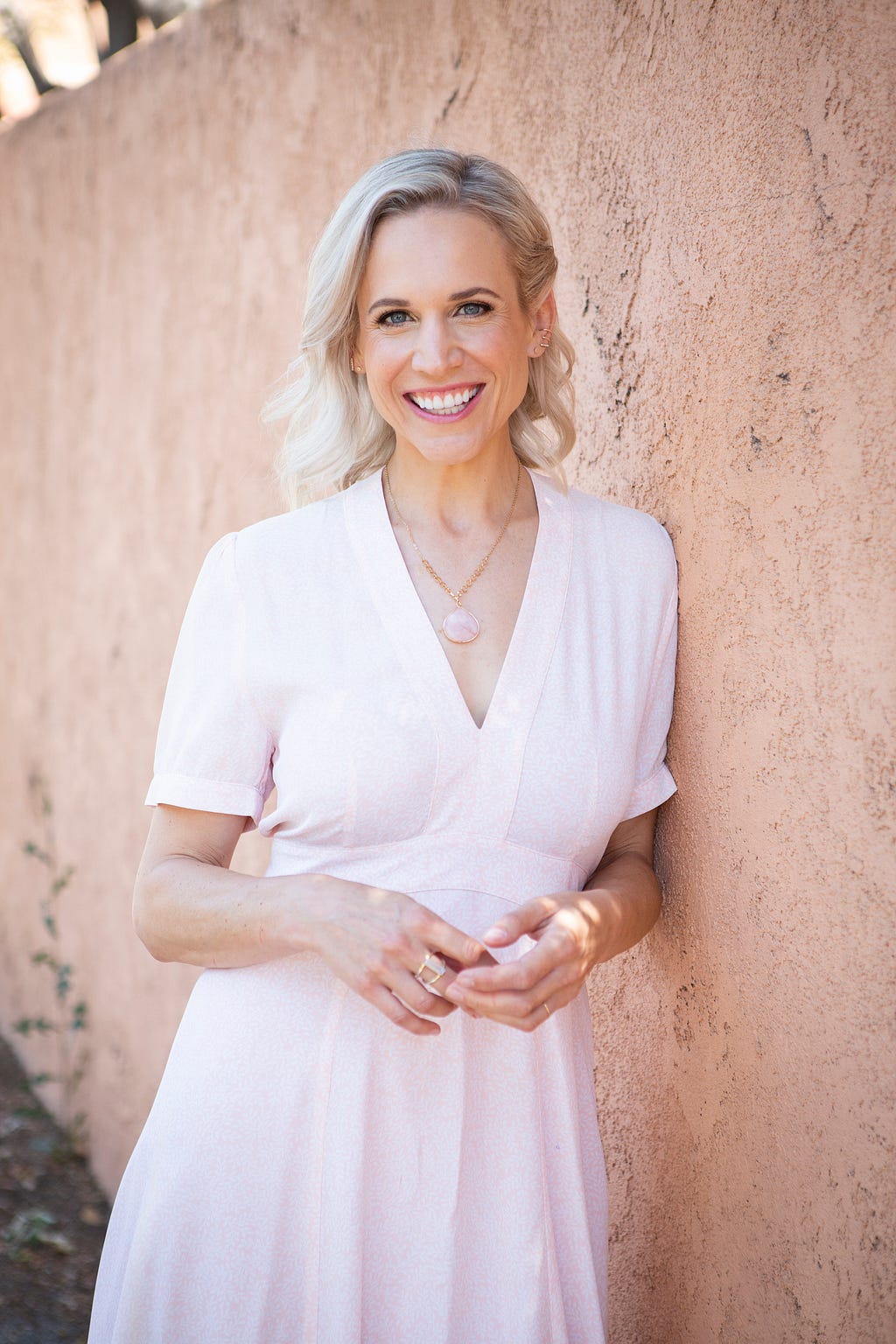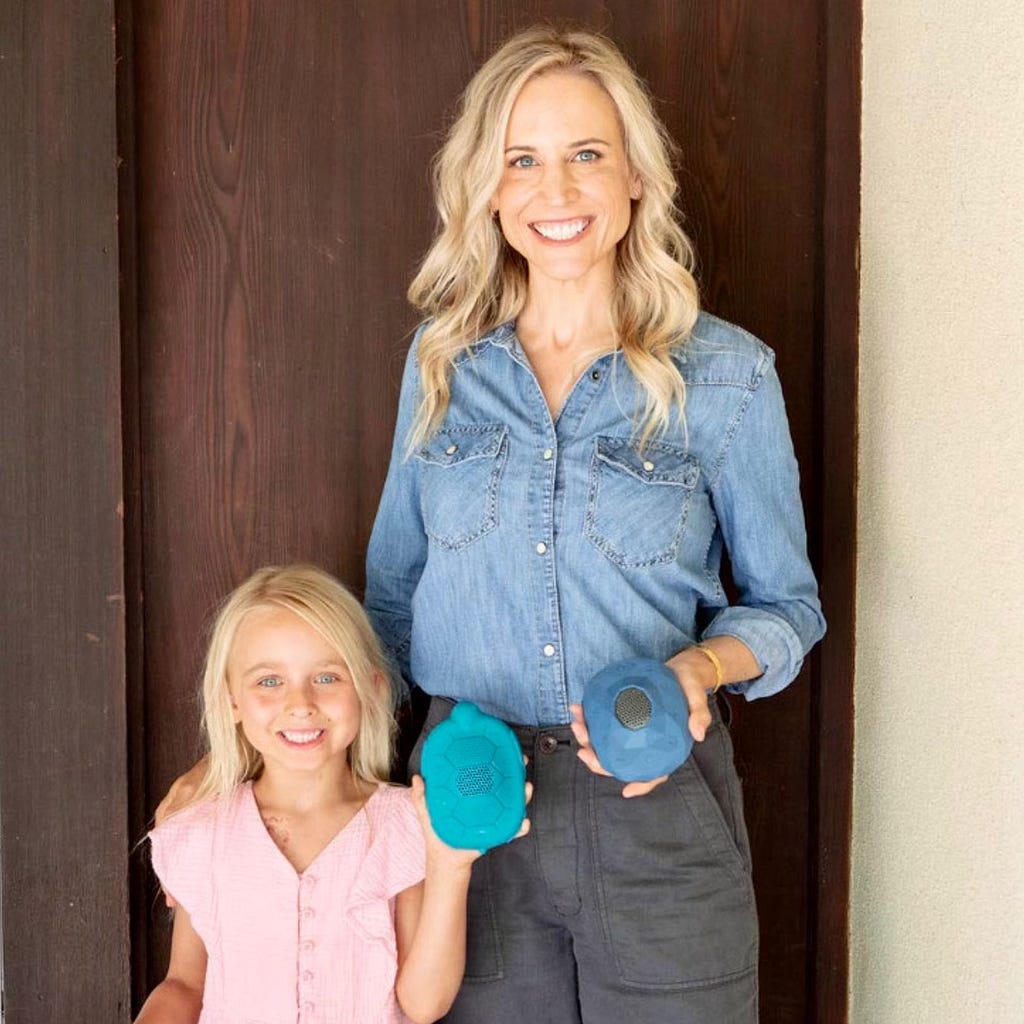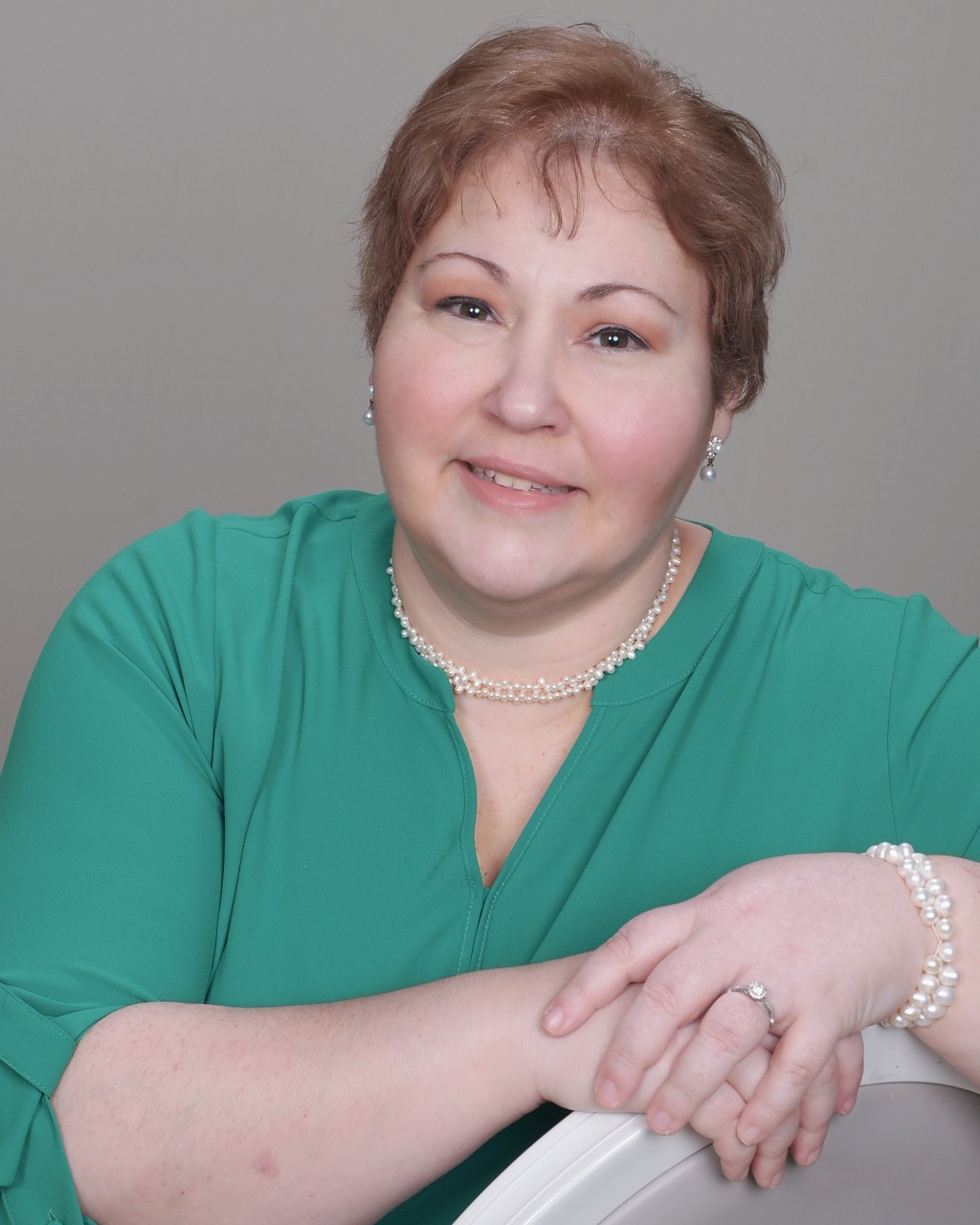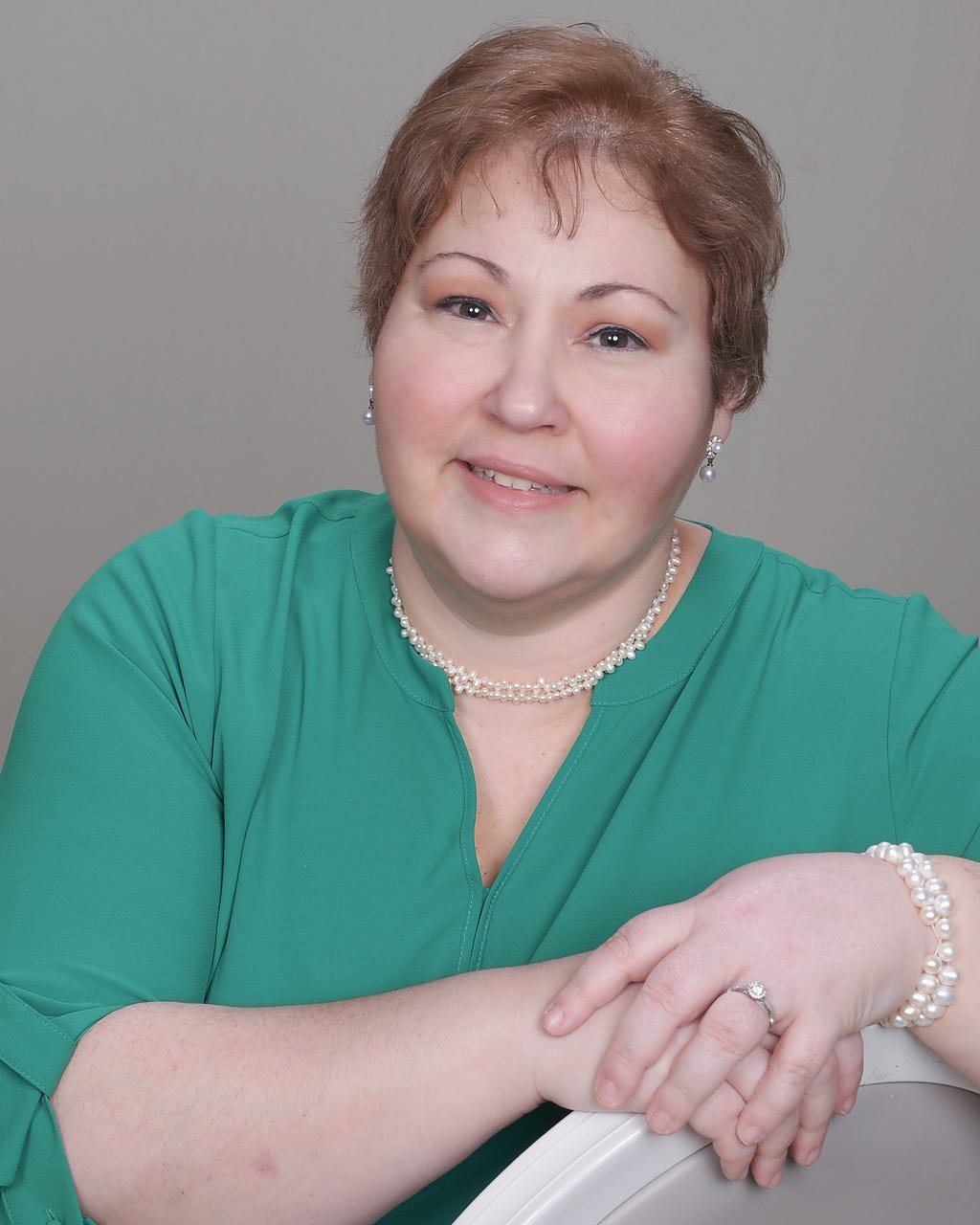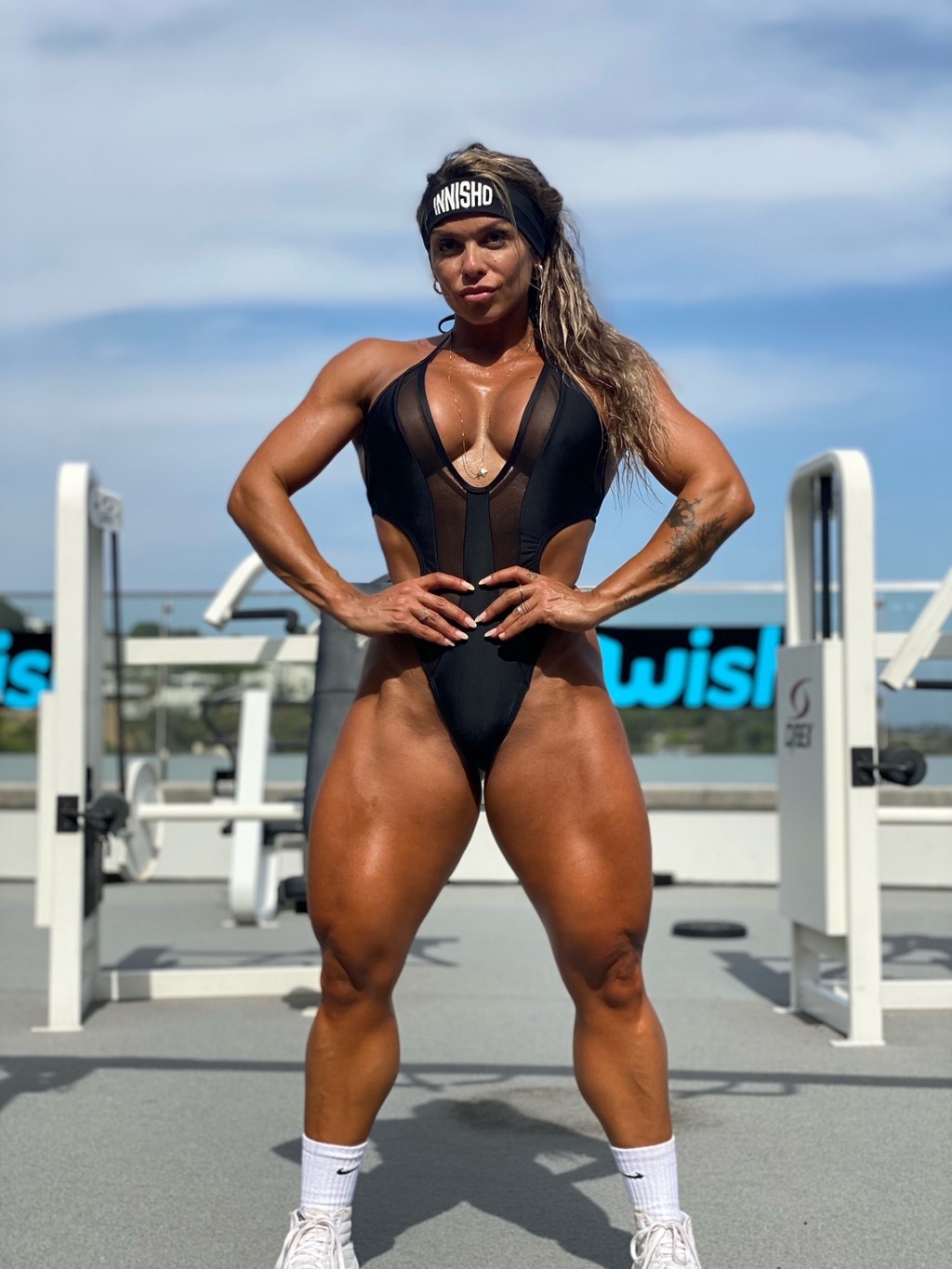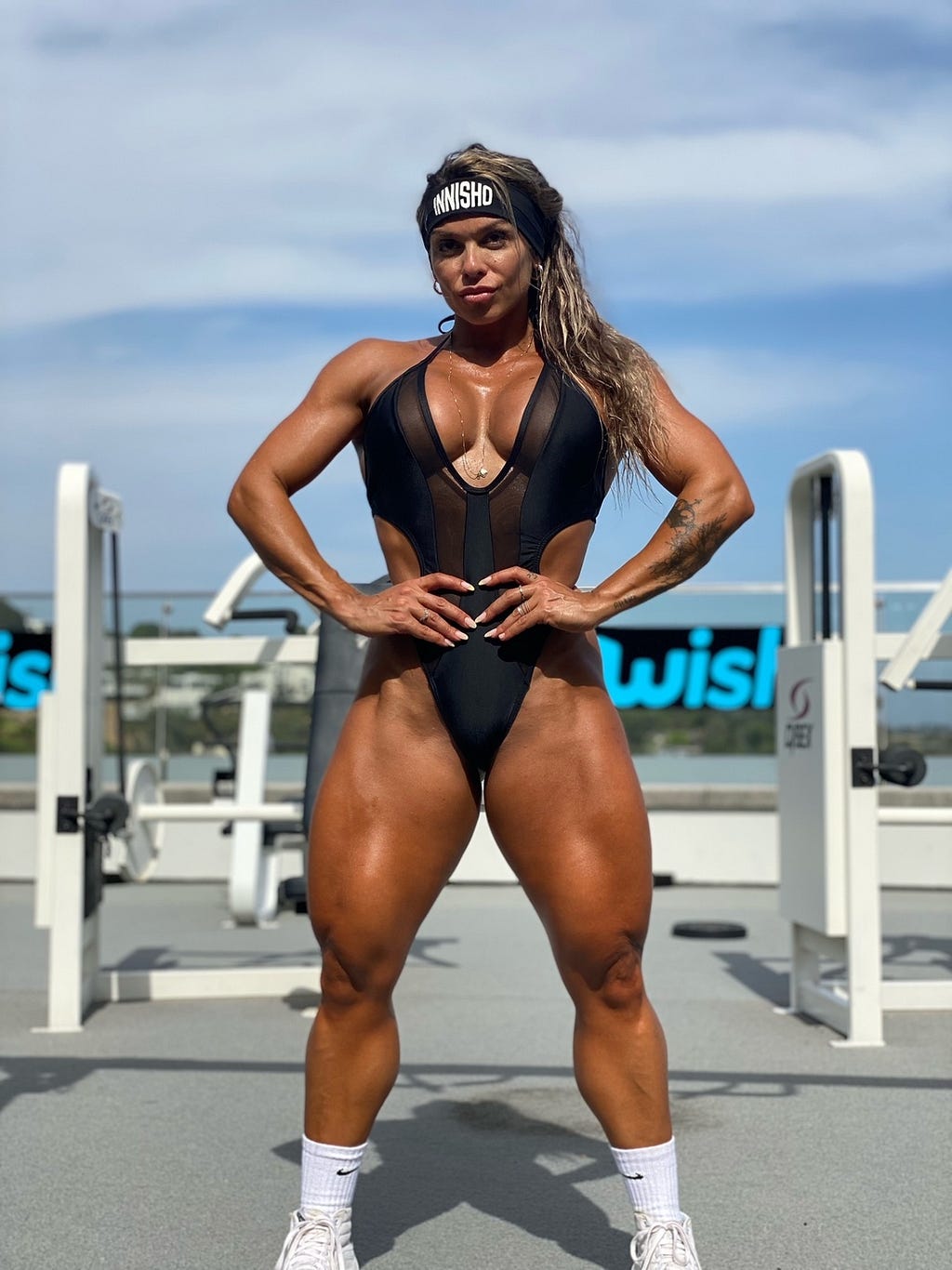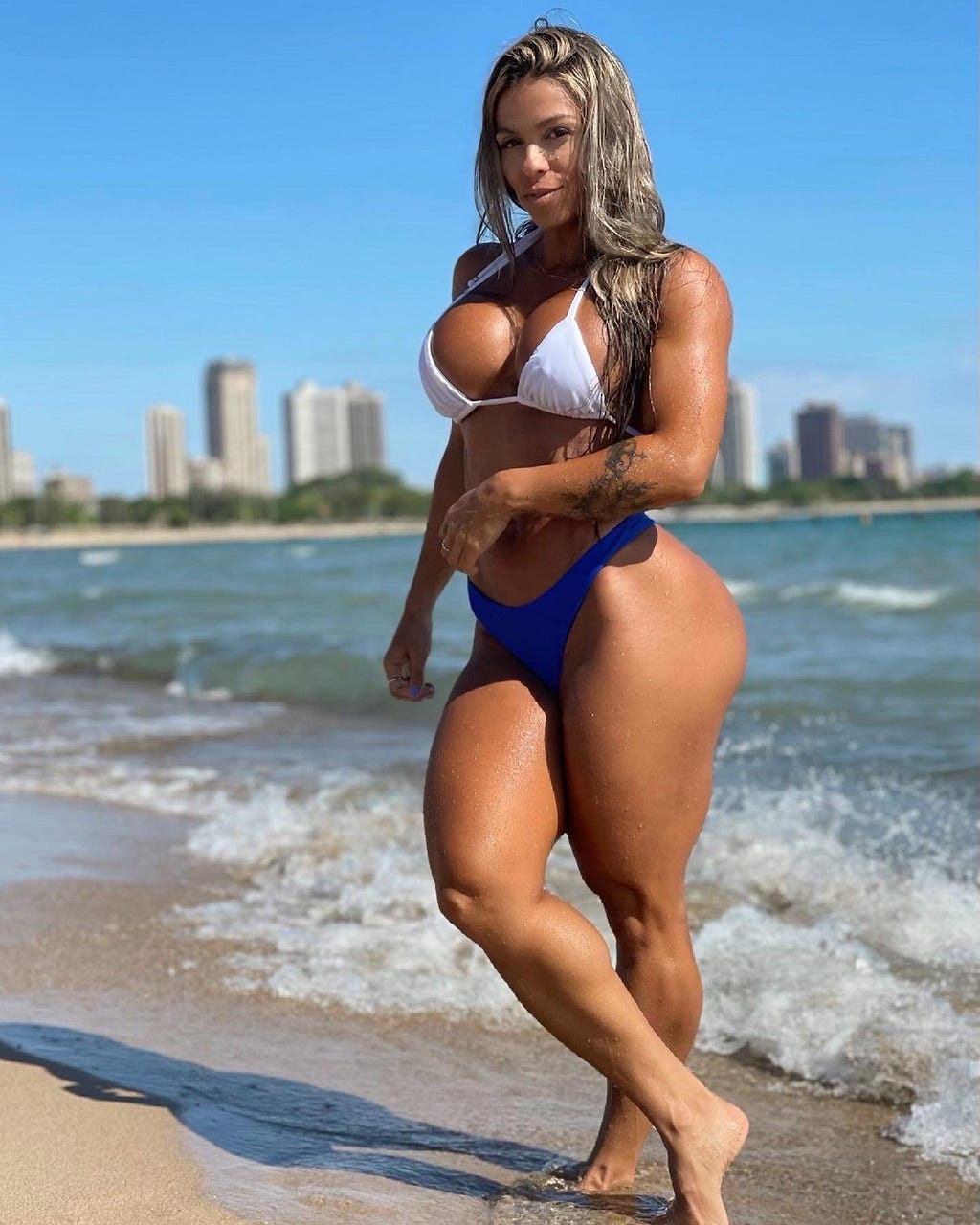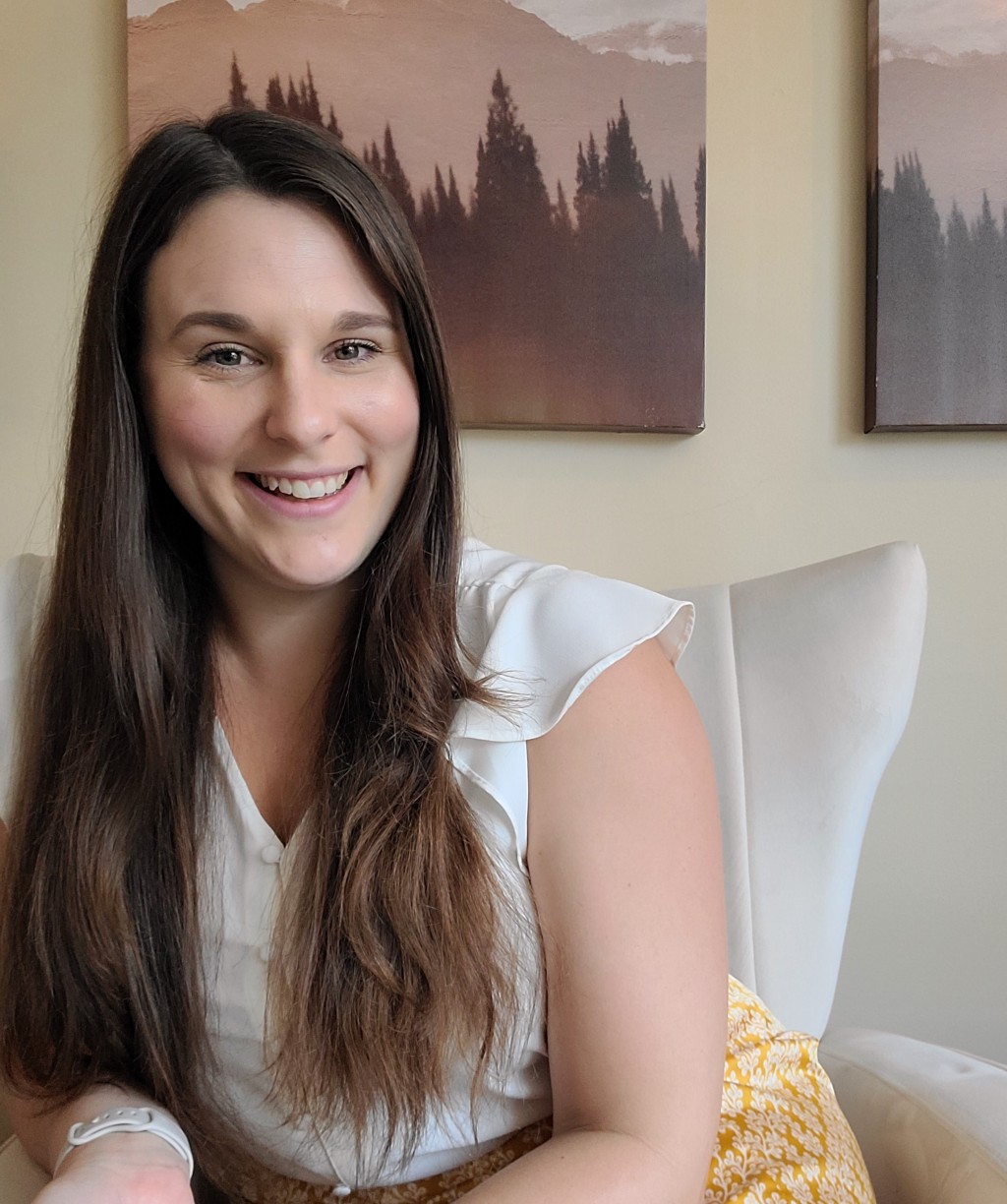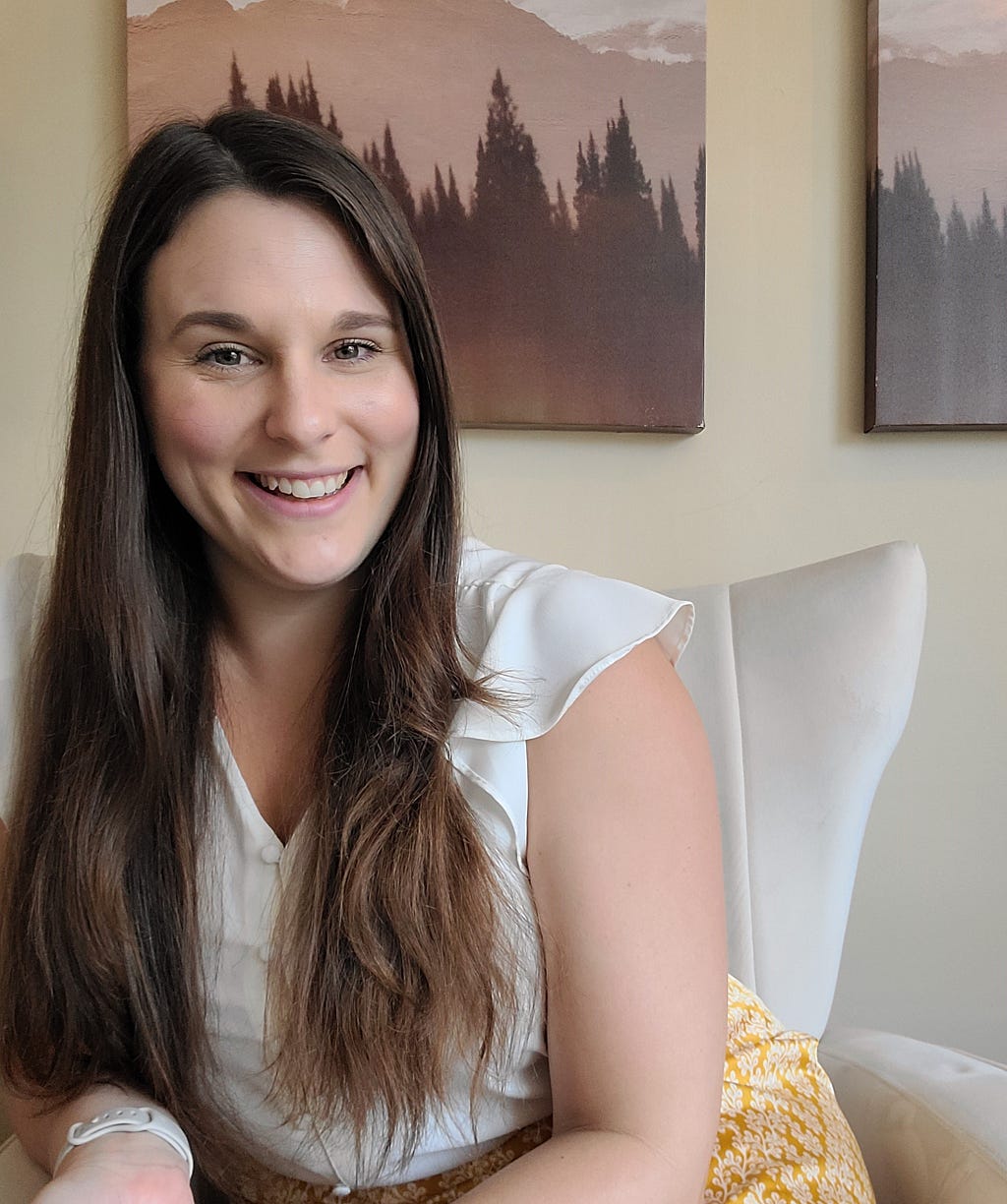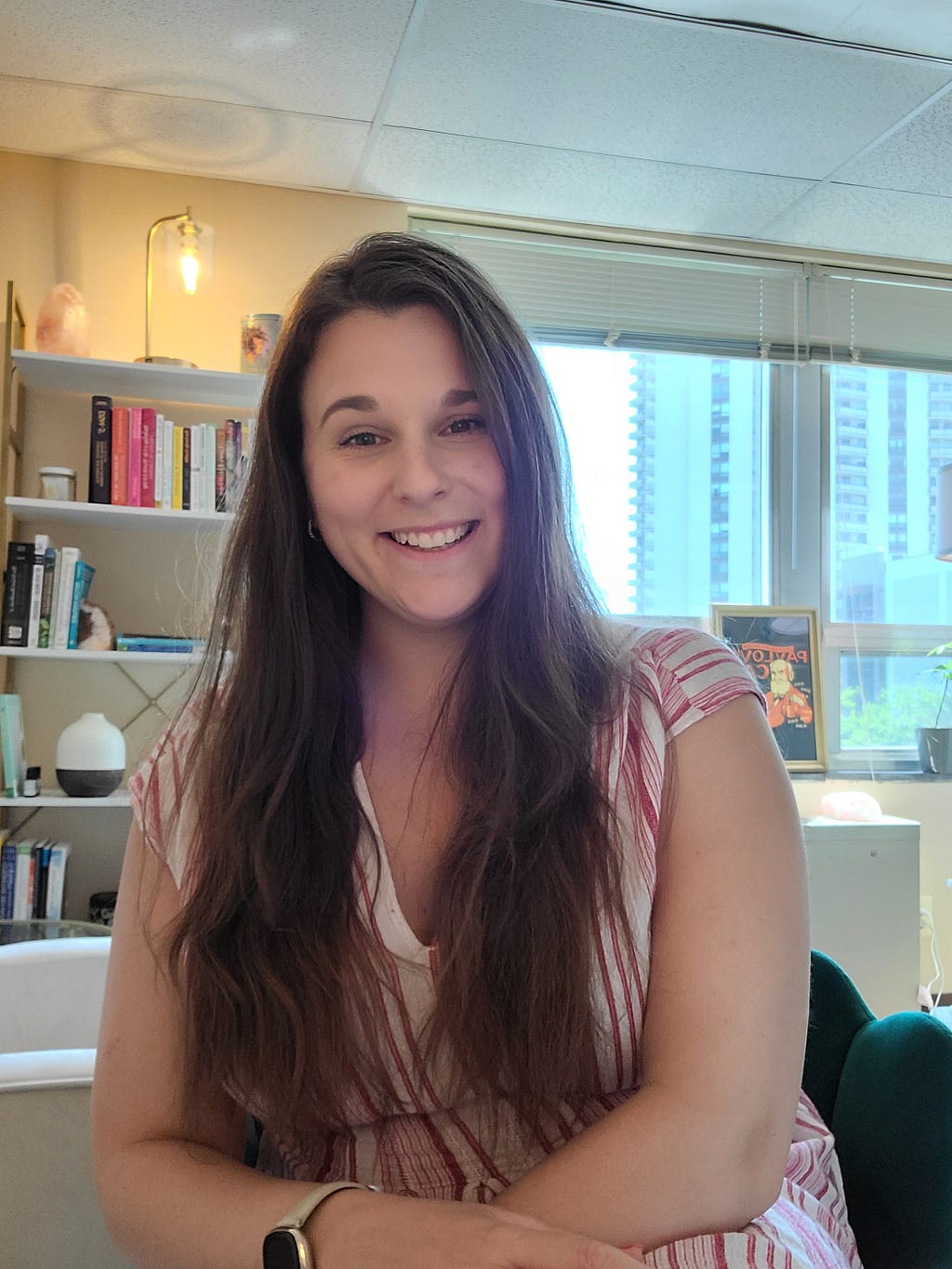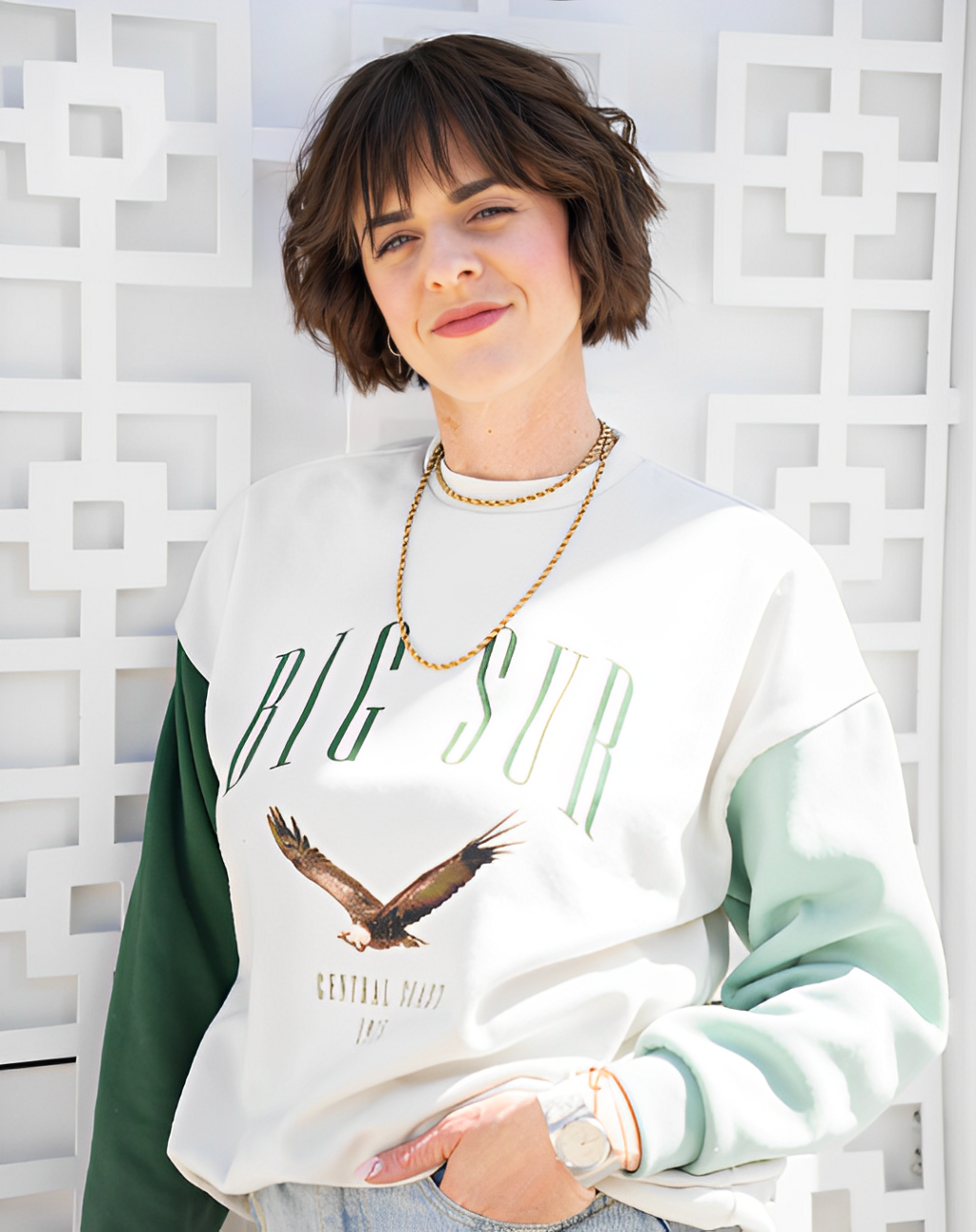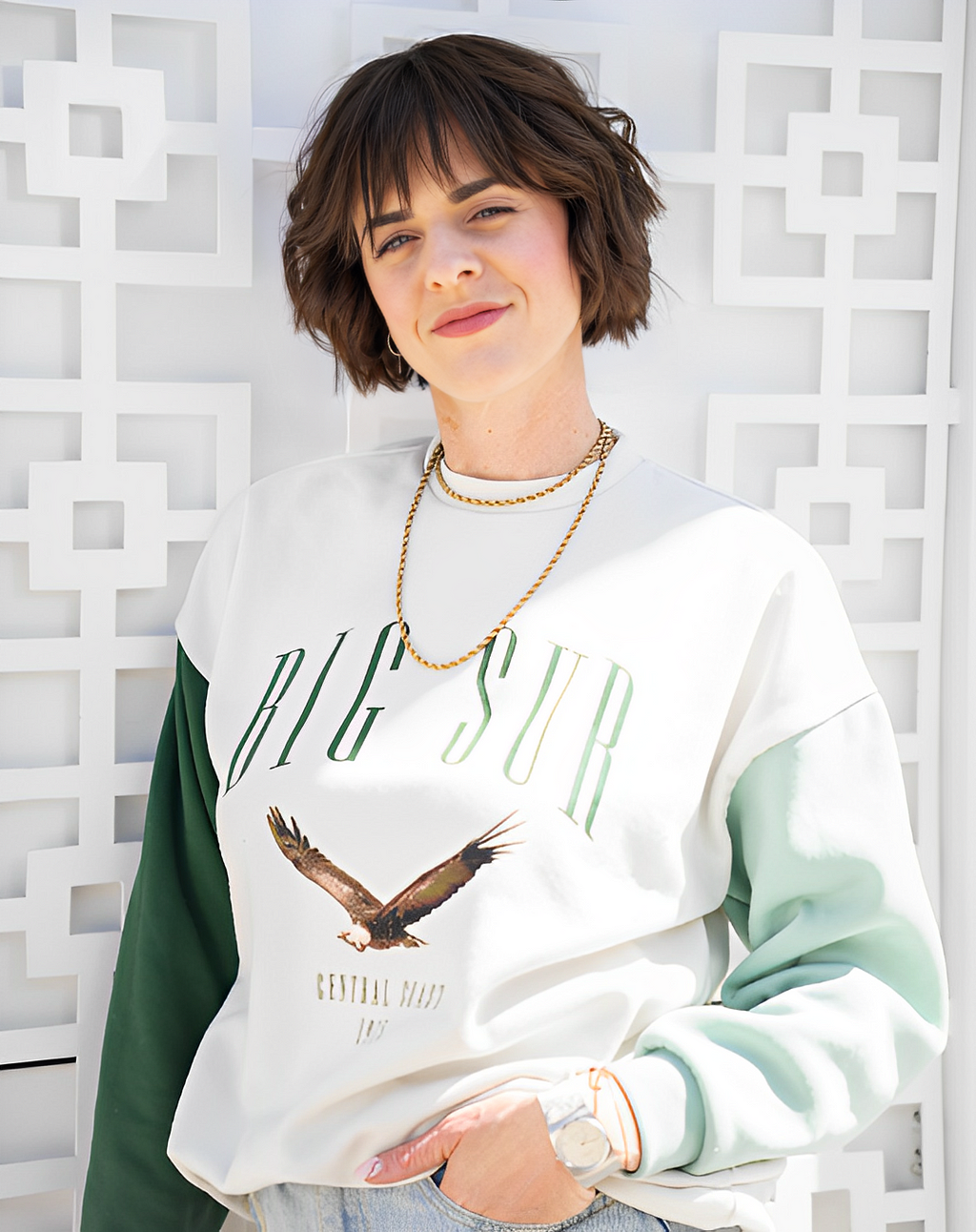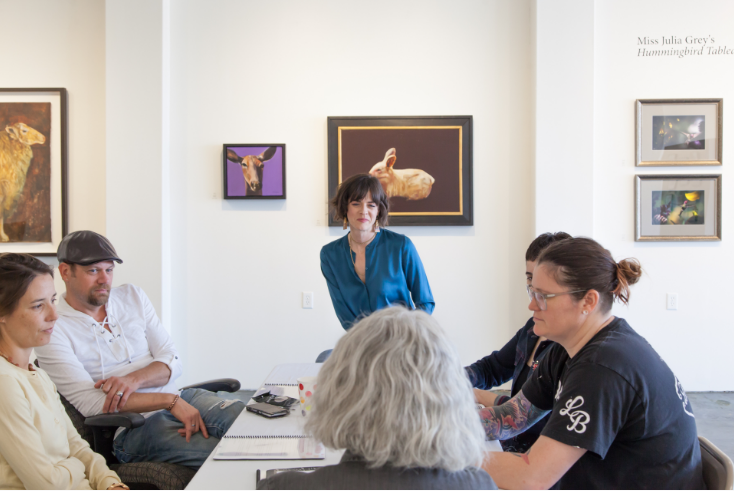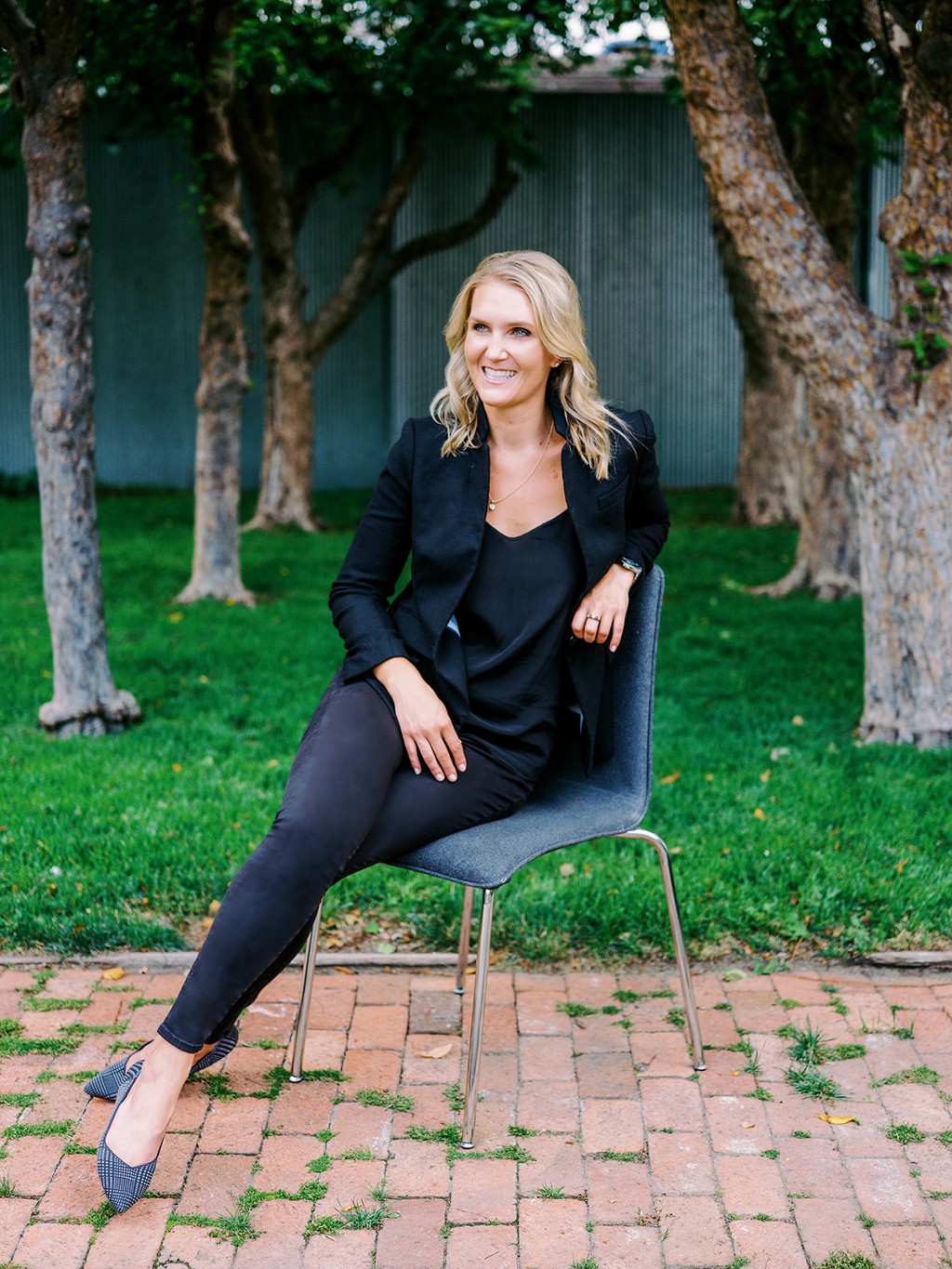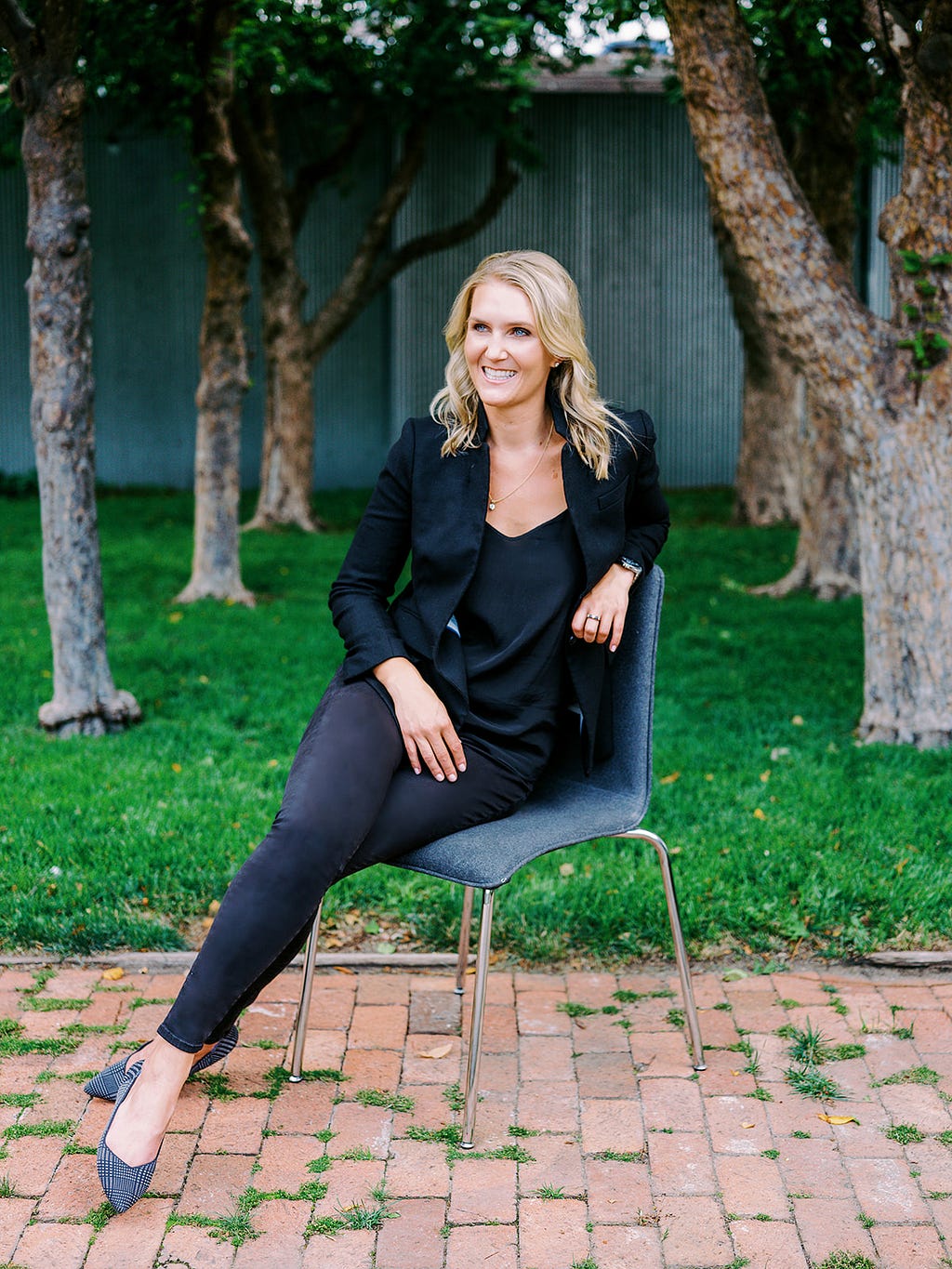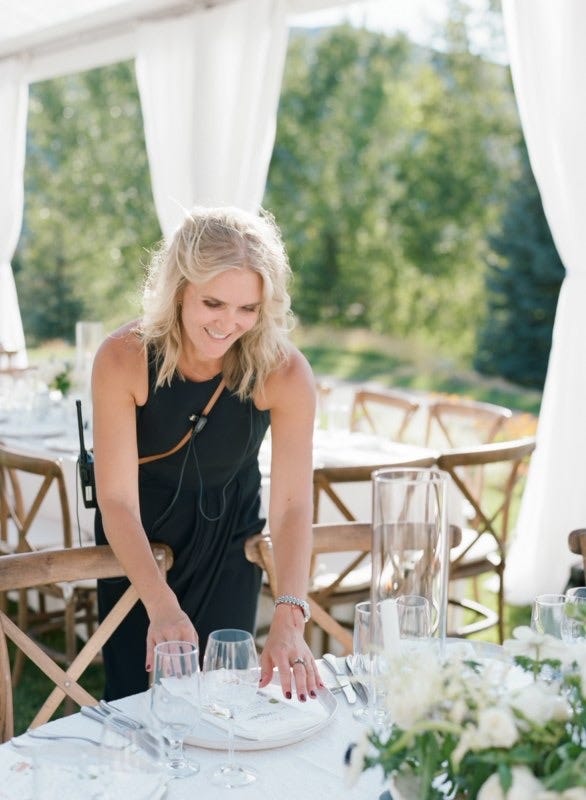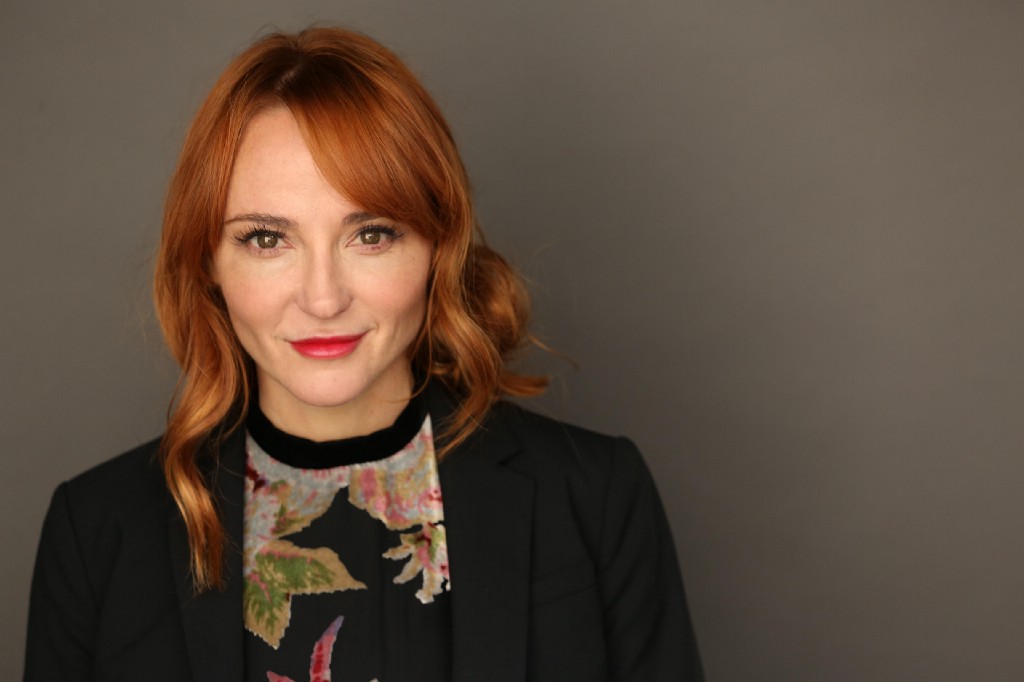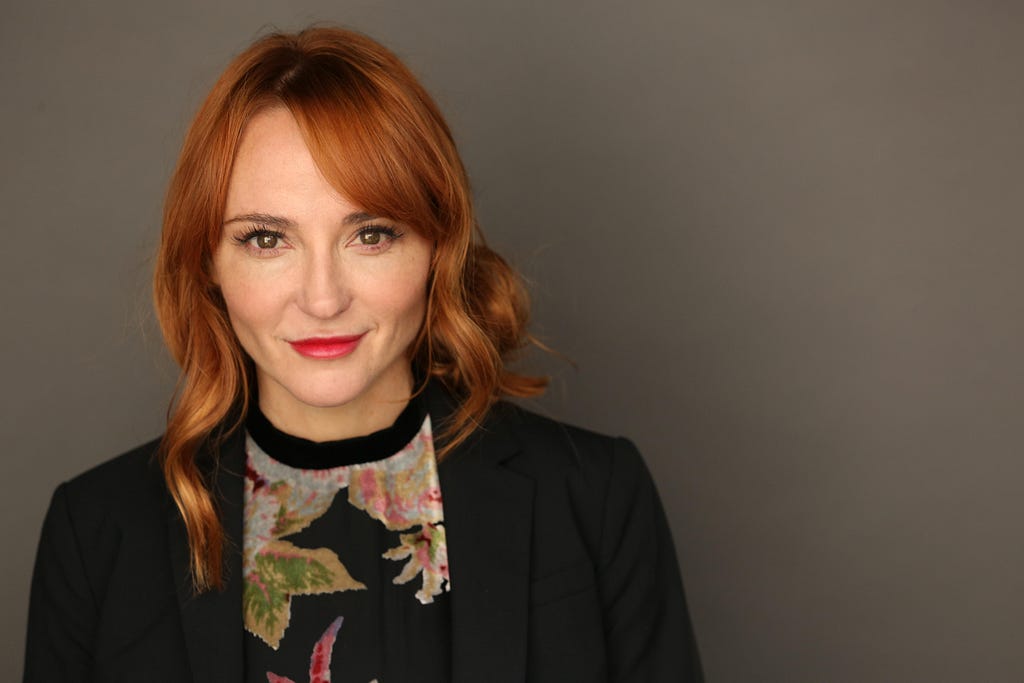An Interview With Candice Georgiadis
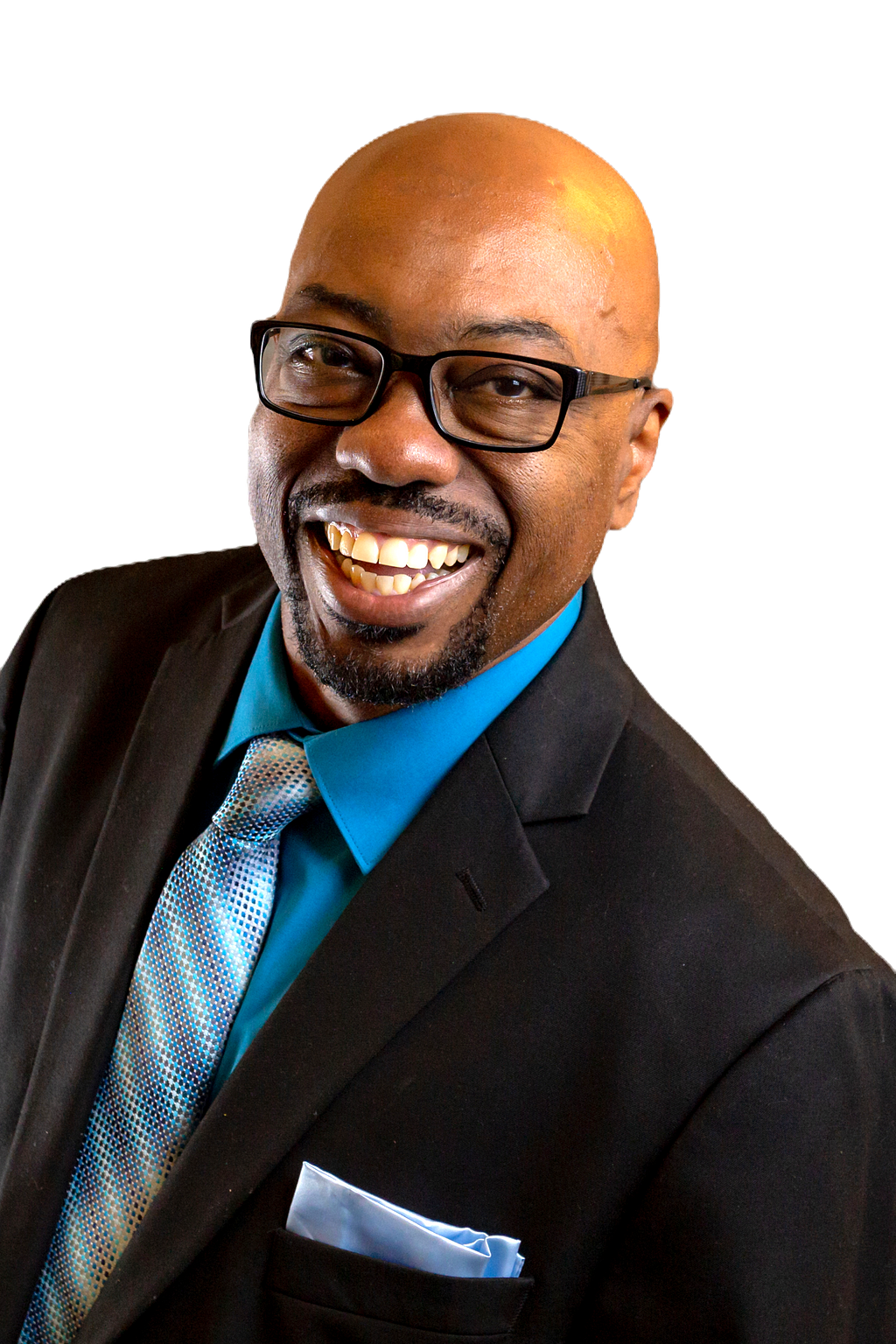
Use Your Profile to Tell Your Story. People do business with people they know like and trust which means you need to create a LinkedIn profile that helps people get to know who you are. You might be tempted to put a lot of information showing off your achievements and awards, but you should avoid doing that. Focus on sharing your personal and professional journey when filling out your profile. Make sure you have a professional headshot for your main photo and create a banner for your profile that let’s people know what you do and how you can help them.
As part of our series of interviews about “How to Use LinkedIn To Dramatically Improve Your Business”, I had the pleasure of interviewing Burton Kelso.
Burton Kelso is the owner and Chief Tech Expert at Integral, an on-site and remote computer and laptop repair service company for consumers and businesses. He is also a national keynote and technology speaker, a YouTube personality, and a TV Tech Expert regularly appearing on ABC, CBS, FOX, NBC, News Nation Now, The Black News Channel,Talk.TV and Newsmax offering viewers easy tips on computers, technology, Internet lifestyle, and gadgets. As computers and their related gadgets become more and more part of our everyday lives, he’s here to help you get the most out of your devices. His vision is to remove the frustrations and complexity of computers and technology and open people up to a world of new ideas, experiences, and opportunities. He loves technology, he’s read all of the manuals, and he’s serious about making technology fun. safe, and easy to use for everyone!
Thank you so much for doing this with us! Can you tell us a story about what brought you to this specific career path? Thanks for having me!
I’ve already been a fan of computers and technology since I was a tween. My mother was the one who introduced me to computers as she somehow saw it was the way of the future. Sure I loved playing video games, but I loved how computers and technology offered you a way to accomplish everyday tasks such as creating documents, maintaining spreadsheets, working on your accounting and communicating with people across the globe. Plus, I always love helping people. Technology always has a way of making people feel as if they aren’t part of the cool kids. As someone who always felt like an outcast, I wanted to make people feel included and there’s where my love of helping people with technology came alive.
Can you share the most interesting story that happened to you since you started this career?
One of the most interesting stories I can share in being the the computer break/fix managed services business is working on the computers and internet service for Johnathan Badeen, co-founder and former Chief Strategy Office at Tinder father. Johnathan called our offices when he was in visiting home because his father was having issues with spotty wifi. He was one of the down to earth people I’ve met and it was interesting to see he was willing to seek help for issues over his head. He obviously has knowledge about technology, but not when it came to troubleshooting hardware issues.
It has been said that our mistakes can be our greatest teachers. Can you share a story about the funniest mistake you made when you were first starting? Can you tell us what lesson you learned from that?
Years ago when working on a computer, I failed to put my anti-static strap on to prevent from zapping computer parts. The family I was working for had a very friendly dog that kept wanting attention. They put the dog away, but it kept getting out. At one point during the appointment, the dog brushed past me and zapped me which zapped the computer. I took responsibility for the issues and got the computer up and running. The lesson I learned that day was to always be prepared for any scenerio that can arise when you’re in the progress of working onsite at appointments and in life.
Which social media platform have you found to be most effective to use to increase business revenues? Can you share a story from your experience?
Facebook continues to be slightly ahead of Linkedin when it comes to increasing our business revenues. Facebook is the perferred and most popular social media out there. There are more people who use it day to day and for the most part it’s one of the most visited websites on the Internet. It’s the go to for people looking for a variety of things including business services.
Let’s talk about LinkedIn specifically, now. Can you share 5 ways to leverage LinkedIn to dramatically improve your business? Please share a story or example for each.
- Use Your Profile to Tell Your Story. People do business with people they know like and trust which means you need to create a LinkedIn profile that helps people get to know who you are. You might be tempted to put a lot of information showing off your achievements and awards, but you should avoid doing that. Focus on sharing your personal and professional journey when filling out your profile. Make sure you have a professional headshot for your main photo and create a banner for your profile that let’s people know what you do and how you can help them.
- Connect with Your Offline Connections on LinkedIn. We all have that stack of business cards we collect at business events that are laying there doing nothing. Most people would tell you that you need to enter them into your database or CRM. That’s true, but you need to also look for those people on LinkedIn and connect with them. Why? Well a quarter of the planet is on LinkedIn. When you connect with people on LinkedIn, you’re connected forever. When you rely only on business cards for your connections you only get half the picture. People are constantly changing jobs which means if you only rely on information gathered from a business card, you only have the information of where they were. What you want when building relationships with people is where they are. When someone makes a career change, they first thing they are going to do is update their LinkedIn profile. If you’re looking to play the long game and develop solid relationships, it’s going to take multiple touches or interactions before they even begin to look at you to work with.
- Your posts Need to focus on Entertaining, inspire and educating people. Nurturing relationships on LinkedIn doesn’t involve pushing your products and services in the faces of your connections. Just think of all those spam messages when you connect with someone on LinkedIn. You hate them and people will hate you if you start spamming them. Nurturing relationships on LinkedIn works best when you are focused on posts that will entertain, inspire, and educate you connections. People gravitate to LinkedIn for business, but they are on there for things that will take them away from the daily grind of life. Think about the accounts you follow. I know you love to see those motivational posts from your connections that inspire you to continue you on your business journey. There are those go to posts that you seek out that will make you laugh when you need a good chuckle. Finally, when you need a solution to a problem, there are those connections you will look to for help. People are more focused on looking for the solutions to the problems they face daily. Be the answer to they question they are looking help for when you create posts for LinkedIn
- It’s okay to share content from other social media platforms. Everyone on Linkedin is probably familiar with the old ‘LinkedIn isn’t Facebook’ that has circulated for a while. Social media can take up a lot of your time everyday. It’s not just the scrolling and staying in contact with your connections, it’s coming up with content to share on your feed everyday. Most people are usually killing it on other platforms like Facebook, Instagram and even TikTok. Why not save some time and share those same posts on Linkedin? Consistent content is important when you’re on LinkedIn and pulling from other social media platforms is okay.
- Remember, it’s a marathon! When you’re on LinkedIn, you need to learn how to play the long game. Understand you’re not going to get everyone to like you or listen to you when you connect with them on LinkedIn. It take many posts and interactions to start to gain traction. LinkedIn works best when you plan ahead as far as what type of posts you will make every day. When posting always remember to find content that people overall are looking for. Focus on posting on things that are trending such as holidays, local, nation and international events. It may take a while to get into the habit of remembering to post which is where tools like Hootsuite can help as far as scheduling posts weeks or months in advance. If you get bored with your posts, remember to change up what you’re posting … and yes that means try to use video in your posts. If you need inspiration to post, always remember McDonalds and Walmart consistently advertise and share content despite being billion-dollar corporations.
Because of the position that you are in, you are a person of great influence. If you could inspire a movement that would bring the most amount of good to the most amount of people, what would that be? You never know what your idea can trigger. 🙂
About 10 ten years ago a movement called the Cash Mob swept the country with a goal of helping small businesses out. The goal was to gather a crowd a likeminded, friendly people to go with cash in hand to help a small business. Think of it as a surprise party for small businesses. It would be nice to take it a step further and make a single day celebration for a small mom and pop business.
Some of the biggest names in Business, VC funding, Sports, and Entertainment read this column. Is there a person in the world, or in the US with whom you would love to have a private breakfast or lunch with, and why? He or she might just see this if we tag them 🙂
Would like to have a private meeting with Gary Vaynerchuk. Why? He’s the king of branding and empowerment. Who wouldn’t want to be around someone who is constantly being a go-giver and a inspiration to all.
Thank you so much for these great insights. This was very enlightening!
Burton Kelso of Integral On How to Use LinkedIn To Dramatically Improve Your Business was originally published in Authority Magazine on Medium, where people are continuing the conversation by highlighting and responding to this story.


